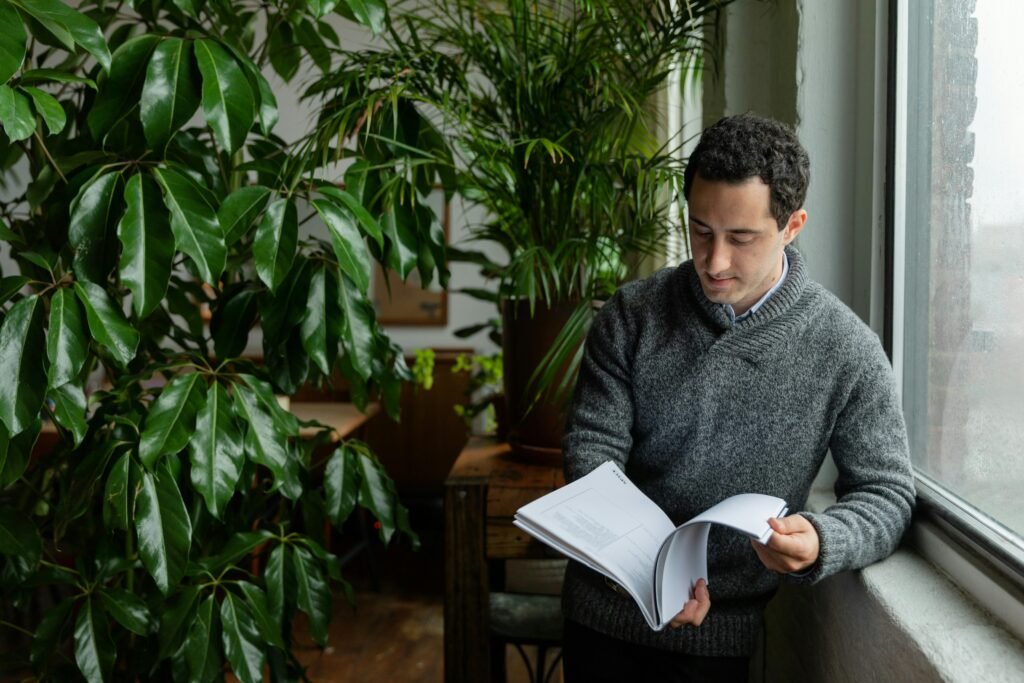
Indoor gardening isn’t just a decorative trend—it’s a proven way to improve your environment, enhance your well-being, and even save money. Let’s unpack the specific benefits of this practice.
1. Improved Air Quality

Indoor plants act as natural air purifiers. They absorb carbon dioxide and release oxygen while filtering out harmful toxins like formaldehyde, benzene, and trichloroethylene commonly found in household items.
- Case Study: NASA’s Clean Air Study identified several plants, such as peace lilies, spider plants, and snake plants, as effective in removing toxins from indoor air.
- Data Point: A home filled with six to eight medium-sized plants can significantly improve air quality in an area of up to 500 square feet.
By creating a small indoor garden, you can ensure better air for your family to breathe while reducing dependence on artificial air purifiers.
2. Stress Reduction
Indoor gardening is a natural stress reliever. Caring for plants provides a sense of accomplishment and a calming routine that promotes mental well-being.
- Research Evidence: A study by the Journal of Physiological Anthropology revealed that interaction with indoor plants lowers blood pressure and reduces stress by promoting relaxation.
Practical Example: Home offices with plants have shown lower levels of workplace stress among remote workers, improving both mood and job satisfaction.

3. Increased Productivity

Plants don’t just make your space prettier; they make you sharper. The presence of greenery has been shown to boost cognitive function, creativity, and productivity.
- University of Exeter Study: In offices with indoor plants, employees completed tasks more efficiently and reported higher levels of focus.
- Why It Works: Plants create a micro-restorative effect, helping to reset your mind after periods of intense concentration.
Whether you’re studying, working, or simply trying to stay organized at home, a small indoor garden can give you an edge.
4. Accessible Fresh Produce
Imagine harvesting your own herbs, vegetables, or even fruits from your kitchen counter. Indoor gardening makes it possible to grow food year-round, regardless of the season or climate.
- Popular Choices: Basil, mint, lettuce, cherry and tomatoes are among the easiest plants to grow indoors.
- Cost Savings: According to the National Gardening Association, households that grow their own food can save an average of $500 annually on groceries.
- Sustainability: Growing your own produce reduces dependency on supply chains, cutting down your carbon footprint.

5. Enhanced Home Environment

Beyond health and productivity, plants create a more inviting and comfortable living space. They absorb noise, regulate humidity, and serve as natural decor.
- Humidity Benefits: Indoor plants like ferns and palms release moisture into the air, which can help combat dryness during the winter months.
Noise Reduction: Studies from the University of Technology Sydney indicate that indoor plants can reduce background noise by up to 5 decibels, creating a quieter and more peaceful home environment.
Getting Started with Indoor Gardening
Indoor gardening is accessible for everyone, regardless of experience or space constraints. Here are some tips to help you start:
- Choose the Right Plants: Beginners can start with low-maintenance plants like pothos, succulents, or snake plants. If growing food, herbs like basil and parsley are excellent options.
- Assess Your Space: Identify sunny spots for plants that need light. For darker areas, consider shade-tolerant varieties like peace lilies.
- Invest in Basic Tools: A small trowel, watering can, and quality potting mix are enough to get started.
- Monitor and Adjust: Use apps or simple reminders to check plant health. Adjust water and light based on how your plants respond.
Final though
Indoor gardening is more than a pastime—it’s a practical solution to modern living challenges. By incorporating plants into your home, you can improve air quality, reduce stress, boost productivity, and even grow your own food.
The benefits are backed by science and accessible to anyone willing to start small. With just a few pots and some dedication, you can transform your indoor space into a healthier, happier, and more sustainable environment.
